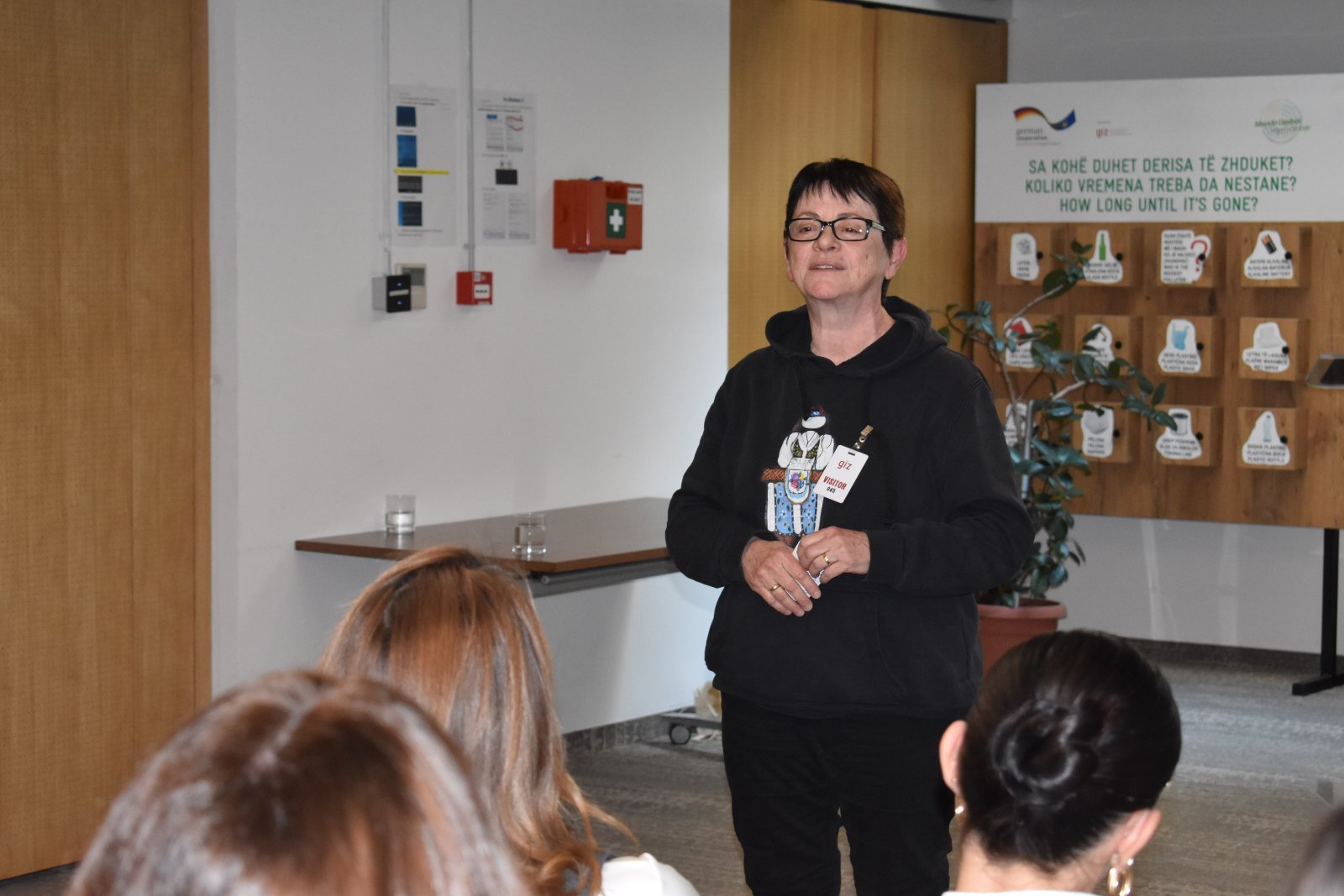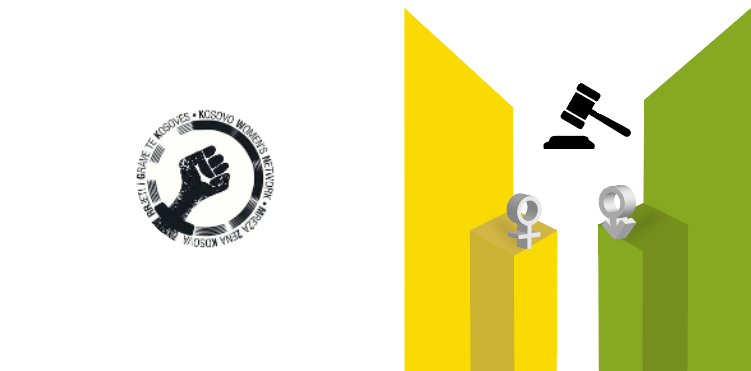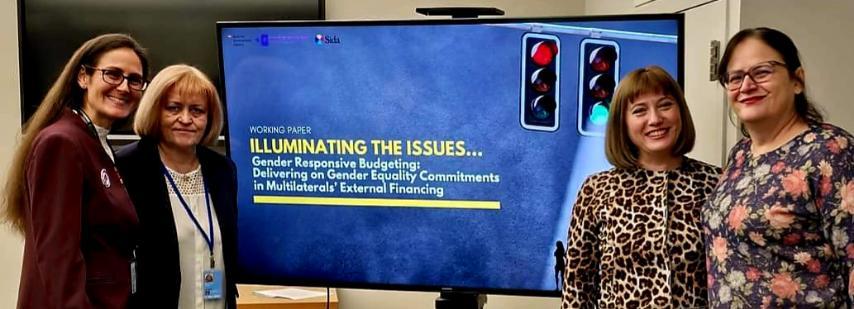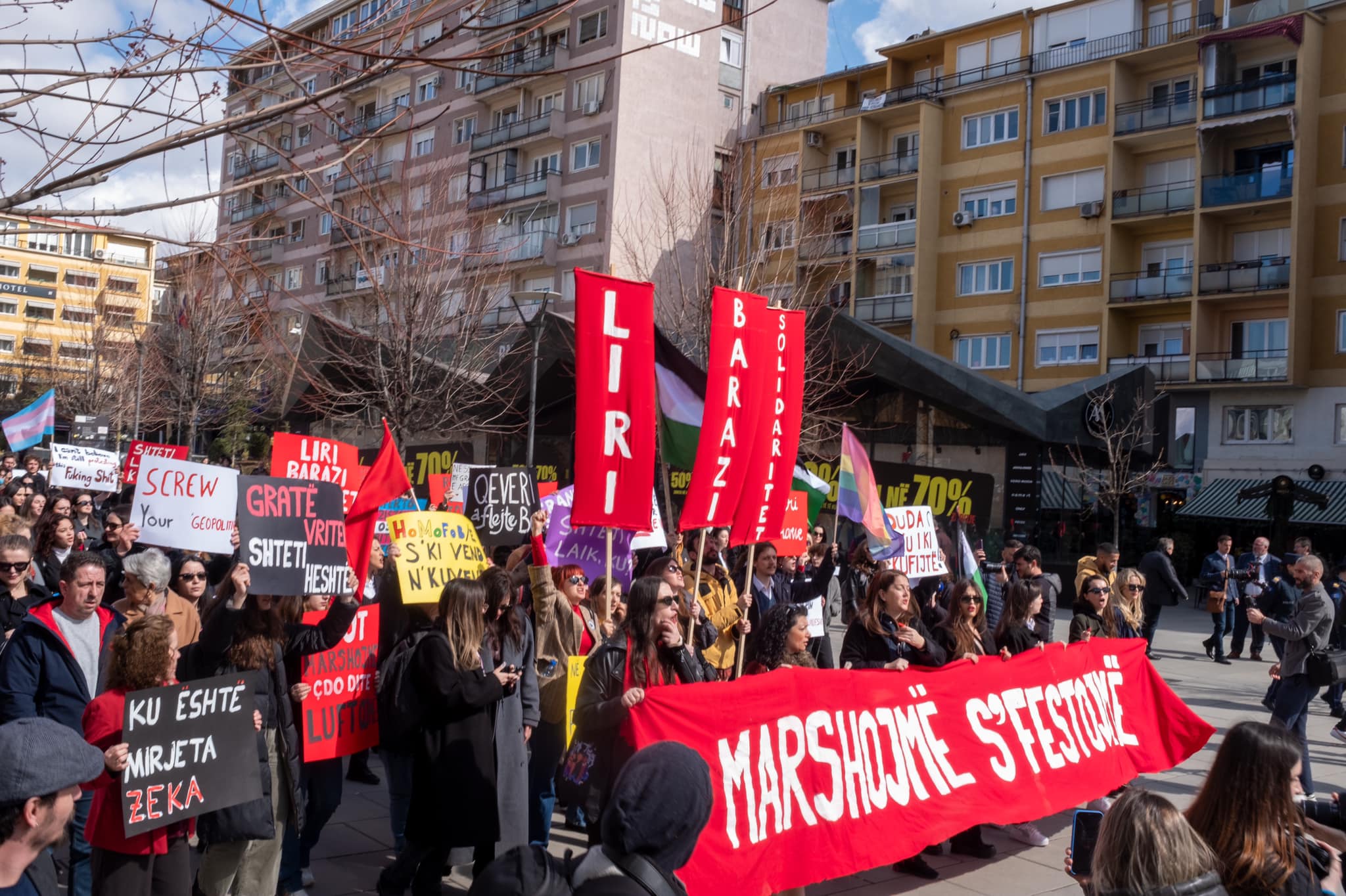Honorable Prime Minister of Republic of Kosovo, Mr. Kurti,
Honorable Minister of Finance, Labour and Transfers, Mr. Murati,
The Kosovo Women’s Network (KWN) is deeply concerned about the Ministry of Finance, Labour and Transfers’ (MFLT) recent publication of the Medium-Term Expenditure Framework (MTEF) for 2025-2027. The MTEF bypassed the public consultation process mandated by Regulation (GRK) no. 05/2016 on minimum standards for public consultation process. Public consultations are essential for transparency and to ensure the MTEF reflects the needs of all citizens, including women, men, girls and boys. This lack of transparency also hinders citizens’ and experts’ ability to analyze the budget’s intended impact, particularly regarding gender equality.
Furthermore, the MFLT has not released a Gender Budget Statement (GBS) or published the required gender-responsive budgeting annexes. GBS is critical for promoting gender equality in budgeting by outlining how the budget has planned to allocate resources to furthering gender equality by addressing the specific needs and priorities of women and girls. and Kosovo’s interest in implementing frameworks like Public Expenditure and Financial Accountability PEFA highlight the importance of gender-responsive public financial management (GPFM) and UN SDG 5.c.1. To date, these crucial documents have not been made available on the Government’s websites, in terms of transparency and compliance with the SDG 5.c.1 indicator. A GBS and published annexes would demonstrate how the budget advances gender equality and ensures public access to clear and comprehensive budget information.
KWN urges the MFLT to rectify this situation. Public consultations for the MTEF should be launched immediately, adhering to Regulation (GRK) No. 05/2016. These consultations should be inclusive and accessible to a diverse range of stakeholders, including civil society organizations, women’s groups, and the general public. Public participation in the MTEF development process allows citizens to understand how public funds will be allocated and advocate for their priorities. This fosters transparency, accountability, and a more equitable distribution of resources.
Thus, the Kosovo Women’s Network requests that the Government of Kosovo and specifically MFLT:
- Urgently launch the required a public consultation on the MTEF, as well as for upcoming annual budgets as per Regulation (GRK) no. 05/2016 on minimum standards for public consultation process.
- Publish a Gender Budget Statement in line with SDG indicator 5c1, illustrating how the budget will contribute to the advancement of gender equality in Kosovo in line with the Government’s commitments.
- Publish transparently online all gender budget annexes, as mandated by budget circulars, which must be submitted by budget organizations.
We hope that you will take concrete steps in addresing our recommendations, and we are available to meet to discuss further.
Sincerely,
Igballe Rogova
Executive Director
Kosovo Women’s Network







